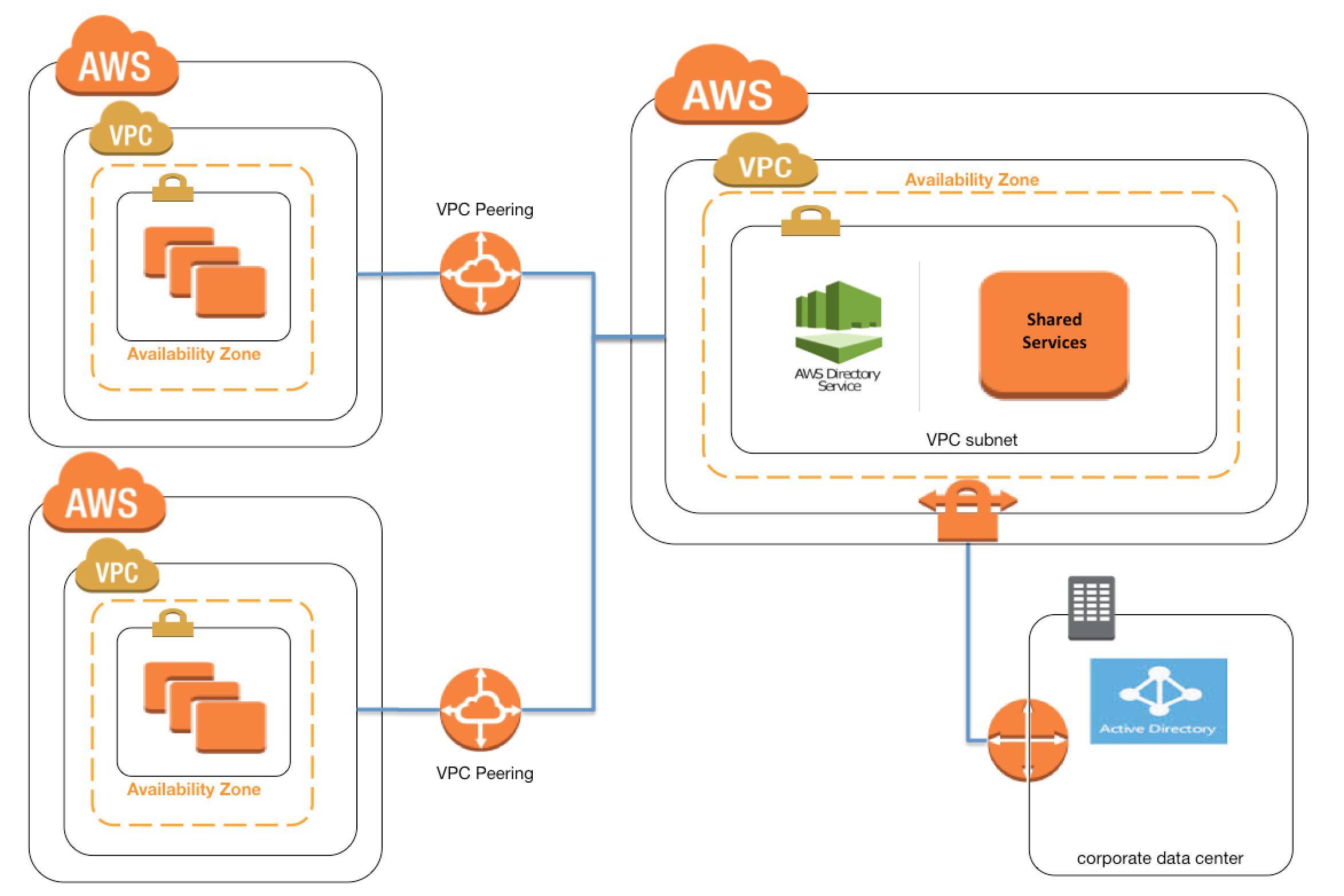Securely Connect Remote IoT P2P Raspberry Pi Download Mac Free: A Comprehensive Guide
Ever wondered how to securely connect remote IoT devices using P2P on a Raspberry Pi, all while downloading everything you need for free on your Mac? Well, buckle up, because we’re diving deep into this tech-savvy world. From setting up your Raspberry Pi to ensuring your IoT devices are protected, we’ve got you covered. This guide is packed with actionable tips, expert advice, and step-by-step instructions to help you get started. So, let’s jump right in!
Connecting IoT devices remotely has become a hot topic in the tech world. With the rise of smart homes, wearable tech, and industrial automation, having a secure and reliable way to manage these devices is crucial. But here’s the kicker: doing it right requires a solid understanding of both hardware and software. That’s where Raspberry Pi comes in. This tiny yet powerful device can act as the backbone of your IoT setup, allowing you to create a peer-to-peer (P2P) network that’s both efficient and secure.
Now, you might be thinking, "Why should I care about securing my IoT devices?" Well, imagine this: your smart thermostat gets hacked, and suddenly, strangers have control over your home’s temperature. Or worse, your security cameras start streaming footage to the wrong people. Scary, right? That’s why setting up a secure connection is non-negotiable. And guess what? You can do it all for free on your Mac. Sounds too good to be true? Keep reading to find out how!
- Hdhub4u Movies Your Ultimate Destination For Latest Blockbusters And Classic Cinema
- Golden State Warriors Vs Portland Trail Blazers A Comprehensive Analysis
Why Securely Connect Remote IoT Devices?
Let’s face it: the Internet of Things (IoT) is here to stay. But with great power comes great responsibility. When you connect devices to the internet, you’re opening them up to potential threats. Hackers love exploiting vulnerabilities in IoT devices because they’re often less secure than traditional computers. So, why should you care about securely connecting your IoT devices?
First off, it protects your personal data. Whether it’s your smart fridge logging grocery lists or your fitness tracker monitoring your daily steps, all that information is valuable. If someone gets their hands on it, they could use it for malicious purposes. Second, securing your IoT devices ensures the smooth operation of your network. No one wants their smart lights flickering uncontrollably because of a rogue connection.
Lastly, it’s just good practice. In today’s digital age, cybersecurity isn’t optional—it’s essential. And with tools like Raspberry Pi and free software available for Mac, there’s no excuse not to take the necessary precautions.
- Vegamovies 4k Your Ultimate Streaming Destination For Highquality Entertainment
- Hd Hub B4u Your Ultimate Guide To Streaming Highquality Content
Understanding Raspberry Pi in IoT
What Makes Raspberry Pi Ideal for IoT?
Raspberry Pi has become a go-to choice for IoT enthusiasts, and for good reason. This credit-card-sized computer is affordable, versatile, and packed with features that make it perfect for managing IoT devices. Here’s why:
- Cost-Effective: Raspberry Pi is budget-friendly, making it accessible to hobbyists and professionals alike.
- Open-Source: With a wide range of open-source software and libraries, you can customize your setup to fit your needs.
- Community Support: The Raspberry Pi community is vast and active, meaning you’ll never run out of resources or help.
- Hardware Flexibility: From GPIO pins to USB ports, Raspberry Pi offers plenty of options for connecting sensors, cameras, and other IoT devices.
Plus, Raspberry Pi runs on Linux-based operating systems, which are inherently more secure than some other platforms. This makes it an excellent choice for building a secure IoT network.
Setting Up Raspberry Pi for IoT
What You’ll Need to Get Started
Before you dive into setting up your Raspberry Pi for IoT, make sure you have the following:
- Raspberry Pi (any model will do, but newer models offer better performance).
- A microSD card (at least 16GB).
- A power supply (make sure it’s compatible with your Raspberry Pi model).
- An Ethernet cable or Wi-Fi dongle (depending on your setup).
- A keyboard, mouse, and monitor (optional if you’re using SSH).
Once you’ve gathered all the necessary hardware, it’s time to install the operating system. We recommend using Raspberry Pi OS, which is specifically designed for the device and offers a wide range of features.
Creating a Secure P2P Network
A peer-to-peer (P2P) network allows your IoT devices to communicate directly with each other without relying on a central server. This not only reduces latency but also enhances security by minimizing potential entry points for hackers. Here’s how you can set up a secure P2P network using Raspberry Pi:
Step 1: Configure Network Settings
Start by configuring your Raspberry Pi’s network settings. You’ll want to assign a static IP address to ensure your device always connects to the same network. This can be done through the terminal using the following command:
sudo nano /etc/dhcpcd.conf
Then, add the following lines to the file:
interface eth0static ip_address=192.168.1.100/24static routers=192.168.1.1static domain_name_servers=192.168.1.1
Save the file and restart your Raspberry Pi for the changes to take effect.
Step 2: Install Necessary Software
Next, install the software you’ll need to create a P2P connection. We recommend using tools like Mosquitto (for MQTT communication) and WireGuard (for secure tunneling). You can install them using the following commands:
sudo apt updatesudo apt install mosquitto mosquitto-clients wireguard
Once installed, configure the software according to your specific needs. For example, you can set up Mosquitto to act as a broker for your IoT devices, allowing them to exchange data seamlessly.
Downloading Free Software on Mac
Now that your Raspberry Pi is set up, it’s time to download the necessary software on your Mac. Fortunately, there are plenty of free tools available that can help you manage your IoT network. Here’s a list of some of the best options:
- VNC Viewer: Allows you to remotely access your Raspberry Pi from your Mac.
- FileZilla: A free FTP client that makes it easy to transfer files between your Mac and Raspberry Pi.
- Etcher: Simplifies the process of writing images to your microSD card.
- Terminal: Built into macOS, Terminal is your gateway to controlling your Raspberry Pi via SSH.
Most of these tools can be downloaded directly from their official websites. Just make sure to verify the authenticity of the downloads to avoid any security risks.
Best Practices for Securing Your IoT Network
Setting up a secure IoT network isn’t just about installing the right software. You also need to follow best practices to ensure your devices remain protected. Here are some tips:
- Use Strong Passwords: Avoid using default passwords for your devices. Instead, opt for strong, unique passwords that are difficult to guess.
- Enable Encryption: Use encryption protocols like TLS/SSL to secure data transmissions between devices.
- Regularly Update Software: Keep your operating system and applications up to date to patch any vulnerabilities.
- Limit Access: Only allow trusted devices and users to connect to your network.
By following these practices, you’ll significantly reduce the risk of your IoT network being compromised.
Common Challenges and Solutions
Setting up a secure IoT network isn’t without its challenges. Here are some common issues you might encounter and how to solve them:
Challenge 1: Connectivity Issues
If your devices are having trouble connecting to the network, double-check your network settings. Make sure your Raspberry Pi has a stable internet connection and that all devices are on the same network.
Challenge 2: Security Breaches
In the unlikely event that your network is breached, immediately disconnect all devices and perform a thorough security audit. Change all passwords and update your software to patch any vulnerabilities.
Real-World Applications of Secure IoT Networks
Secure IoT networks have a wide range of applications across various industries. Here are a few examples:
- Smart Homes: Control lighting, thermostats, and security systems from anywhere in the world.
- Healthcare: Monitor patients’ vital signs remotely using wearable devices.
- Industrial Automation: Optimize production processes by connecting machines and sensors.
These applications demonstrate the versatility and importance of secure IoT networks in today’s world.
Future Trends in IoT Security
As technology continues to evolve, so too does the field of IoT security. Here are some trends to watch out for:
- Blockchain Integration: Using blockchain to secure data transmissions and ensure transparency.
- AI-Powered Security: Leveraging artificial intelligence to detect and respond to threats in real-time.
- 5G Networks: Faster and more reliable networks that enhance the capabilities of IoT devices.
These advancements promise to make IoT networks even more secure and efficient in the years to come.
Conclusion
In conclusion, securely connecting remote IoT devices using P2P on a Raspberry Pi is not only possible but also highly beneficial. By following the steps outlined in this guide, you can create a robust and secure network that meets your needs. Remember to always prioritize security and stay up to date with the latest trends and technologies in the IoT space.
Now it’s your turn! Have you tried setting up an IoT network using Raspberry Pi? Share your experiences in the comments below. And don’t forget to check out our other articles for more tech tips and tricks.
Table of Contents
- Why Securely Connect Remote IoT Devices?
- Understanding Raspberry Pi in IoT
- Setting Up Raspberry Pi for IoT
- Creating a Secure P2P Network
- Downloading Free Software on Mac
- Best Practices for Securing Your IoT Network
- Common Challenges and Solutions
- Real-World Applications of Secure IoT Networks
- Future Trends in IoT Security
- Conclusion
- 5 Movierulz 2025 Telugu Download Your Ultimate Guide
- Dr Dre Marcel Young The Legendary Music Icon Redefining Sound And Success

Securely Connect Remote IoT P2P Raspberry Pi Download Windows A

Securely Connect Remote IoT P2P Raspberry Pi Download Android A

How To Securely Connect RemoteIoT VPC Raspberry Pi Download Windows Guide